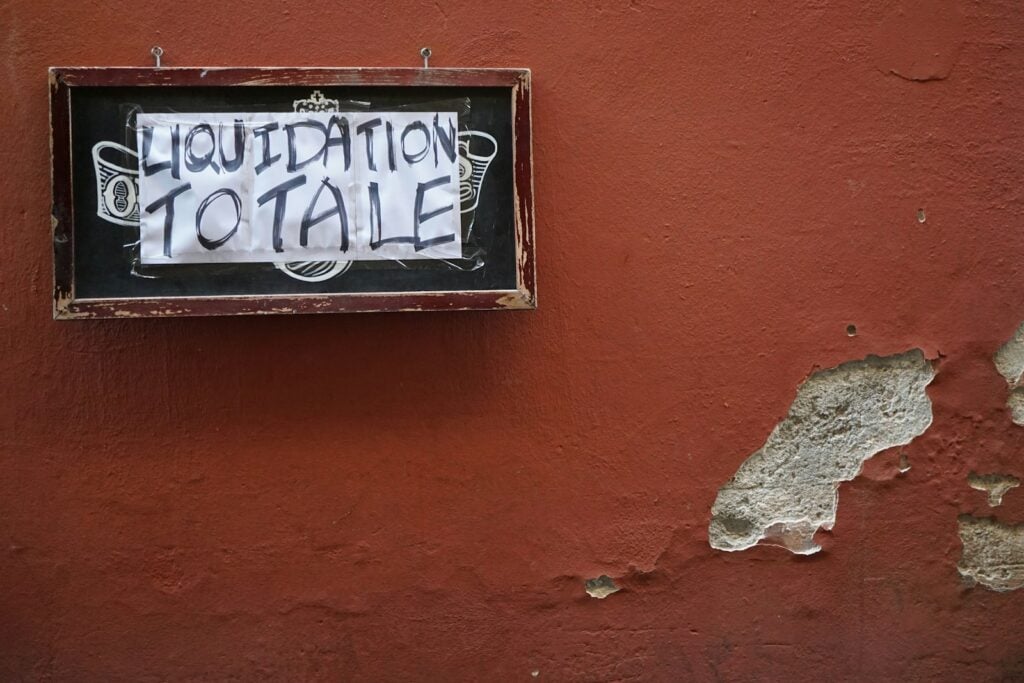Are you a farmer working closely with a food company, feed supplier, abattoir or processing plant? Your relationship may be governed by an integration contract, a very specific legal arrangement with precise rights and obligations for each party. Understanding the broad outlines of this type of contract is essential for all agricultural producers, so they can better understand their commitments and defend their interests. This article provides a simple and clear overview of the integration contract: what it is, how to recognise it, the key points of its validity, the special rules for livestock farming and the importance of the concept of economic dependence.
What is an integration contract?
Legally, an integration contract is defined by law as an agreement, usually in writing, between an agricultural producer (or group) and an industrial or commercial company. Its essential feature is that it contains reciprocal obligations to supply products or services. This means that each party undertakes to provide something to the other. For a further exploration of its definition and legal natureSee our dedicated pillar article.
The key idea is that this type of contract goes well beyond a simple customer-supplier relationship or a one-off sale. It establishes a more structured and committed partnership, often over the long term, in which the farmer produces according to terms defined in conjunction with the company.
How do you recognise an integration contract?
The main criterion is therefore this exchange of reciprocal commitments. For example, the company provides specific feeds and technical assistance, and in return the farmer undertakes to use these feeds and deliver his production exclusively to the company or a designated partner.
Please note, in the livestock sectorThe rules are slightly different and make it easier to recognise integration. A contract can be classified as integration, even without any obvious reciprocal supply, if the company imposes precise rules on the farmer concerning the running of the farm, supplies (e.g. type of feed) or the sale of the animals produced (article L. 326-2 of the rural code). Technical or commercial dependence is often enough.
It should also be noted that several separate contracts (for example, a loan contract + a supply contract + a take-back contract) may be considered together as forming a single integration contract if their combination results in this reciprocal obligation or organised dependence.
Finally, certain contracts are excluded: the law on integration generally does not apply to relations between a farmer and his cooperative (unless he is not a member), or to contracts with an agricultural syndicate or a GAEC.
Points to watch to ensure the validity of the contract
The law is very strict on the form of the integration contract to protect the farmer. It must be writes and contain mandatory particulars defined by Article L. 326-6 of the French Rural Code. These concern in particular the nature and price of the supplies, the duration of the contract, and the conditions for renewal, revision and termination.
The absence or inaccuracy of any one of these details may result in the nullity of the contract. This is a frequent sanction, which can be requested mainly by the farmer, even long after the contract has been signed. The consequences of nullity are significant: the contract is wiped out retroactively, requiring complex financial restitution between the parties. For a more detailed analysis of conditions of validity and specific features of livestock farmingSee our expert article.
With regard to duration, one important point is the renewal. If a fixed-term contract comes to an end and the parties continue as if nothing had happened, tacit renewal may take place, but this is limited by law to one year maximum (article L. 326-7 of the rural code). To commit to a new, longer period, a written amendment is required.
Economic dependence: when reality goes beyond the contract
Sometimes, a farmer may find himself in a situation of very strong dependence on a company (single supplier, single buyer, intense technical control, etc.) without his contract fully complying with the legal definition of integration.
In these situations, judges tend to look beyond the strict formalities. If they find that there is real economic dependence organised by the contract (even if it is incomplete or badly worded), they may be led to reclassify the relationship as an integration contract. The advantage for the farmer is to be able to benefit from the protections offered by the law, in particular the possibility of requesting nullity if the compulsory information is missing. For an in-depth understanding of these collective mechanisms and developments in case law, explore our article on group integration contracts and economic dependence.
Group contracts: an underdeveloped alternative
The law also provides tools for organising integration on a collective basis, via inter-professional agreements or standard integration contracts state-approved (article L. 326-5 of the rural code). These models exist in certain sectors (such as veal or poultry) and aim to offer a more balanced framework.
However, in practice, these collective tools are rarely used and the majority of integration relationships are still based on individual contracts, negotiated directly between the farmer and the company.
The integration contract is an important commitment. Advice tailored to your situation could save you time and resources. Contact us to find out more.
Frequently asked questions
What exactly is an agricultural integration contract?
This is a legally defined agreement between a farmer and a company, involving reciprocal obligations to supply products or services, going beyond a simple sale.
Is an integration contract the same as an employment contract?
No, the integrated farmer remains legally independent and is not an employee, even if there may be a high degree of economic dependence in practice.
How can you tell the difference between an integration contract and a simple sale of supplies?
The integration contract implies reciprocal commitments (supply in exchange for exclusive production/delivery, compliance with rules, etc.), whereas simple supply only obliges the farmer to pay the price.
What are the signs that my contract is an integration contract?
The main signs are the exchange of commitments (products, services, financing in exchange for controlled or exclusive production) or, in breeding, the obligation to follow technical or commercial rules imposed by the company.
Do the integration rules apply to contracts with my cooperative?
In principle, no. Relations between a cooperative and its members are not integration contracts, unless the contract is concluded with a non-member farmer.
What is absolutely mandatory in an integration contract?
The contract must specify, in particular, the nature/price/quality of the reciprocal supplies, the rules for price variation, the duration, and the conditions for renewal, revision and termination.
What can happen to an integration contract if a compulsory clause is missing?
It risks nullity: it can be annulled by a judge, mainly at the farmer's request, as if it had never existed, resulting in financial restitution.
Can my integration contract be automatically renewed each year?
Yes, tacit renewal is possible if the contract continues after its term, but it is limited by law to a maximum duration of one year.
Do integration contracts for livestock farming have specific rules?
Yes, the law makes it easier to recognise them: the simple fact that the farmer has to follow the rules imposed by the company (running the farm, supplies, sales) can be enough to qualify them.
Can a judge recognise integration if I am highly dependent on the company?
Yes, judges do take economic dependence into account and can reclassify a contract as an integration contract if it reveals a strong de facto subordination, even if the form is not perfect.
Are there any officially approved models for integration contracts?
Yes, "standard integration contracts" can be approved by the Ministry in certain sectors (e.g. calves, poultry), providing a regulated framework.
Is the integrator responsible for my debts?
No, the integration contract does not automatically make the company liable for the farmer's debts in the event of financial difficulties.




